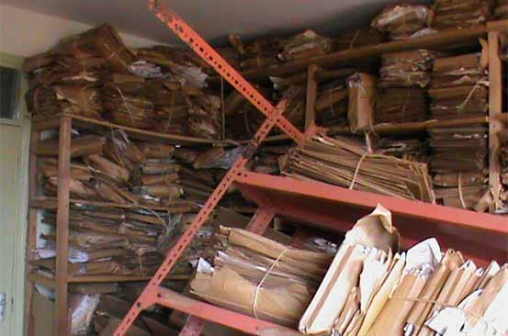×
The Standard e-Paper
Home To Bold Columnists

Finally, the Lands ministry is beginning to show its commitment to land reforms in the country. The ministry ended manual land transactions at the Nairobi registry on Monday this week by making it mandatory for rate payments, searches and queries to be done online.
From March 1, such services will go paperless in twelve other registries — Kajiado, Machakos, Mombasa and Kilifi. Others are Kwale, Nakuru, Kisumu, Eldoret, Bungoma, Thika, Kiambu and Meru.